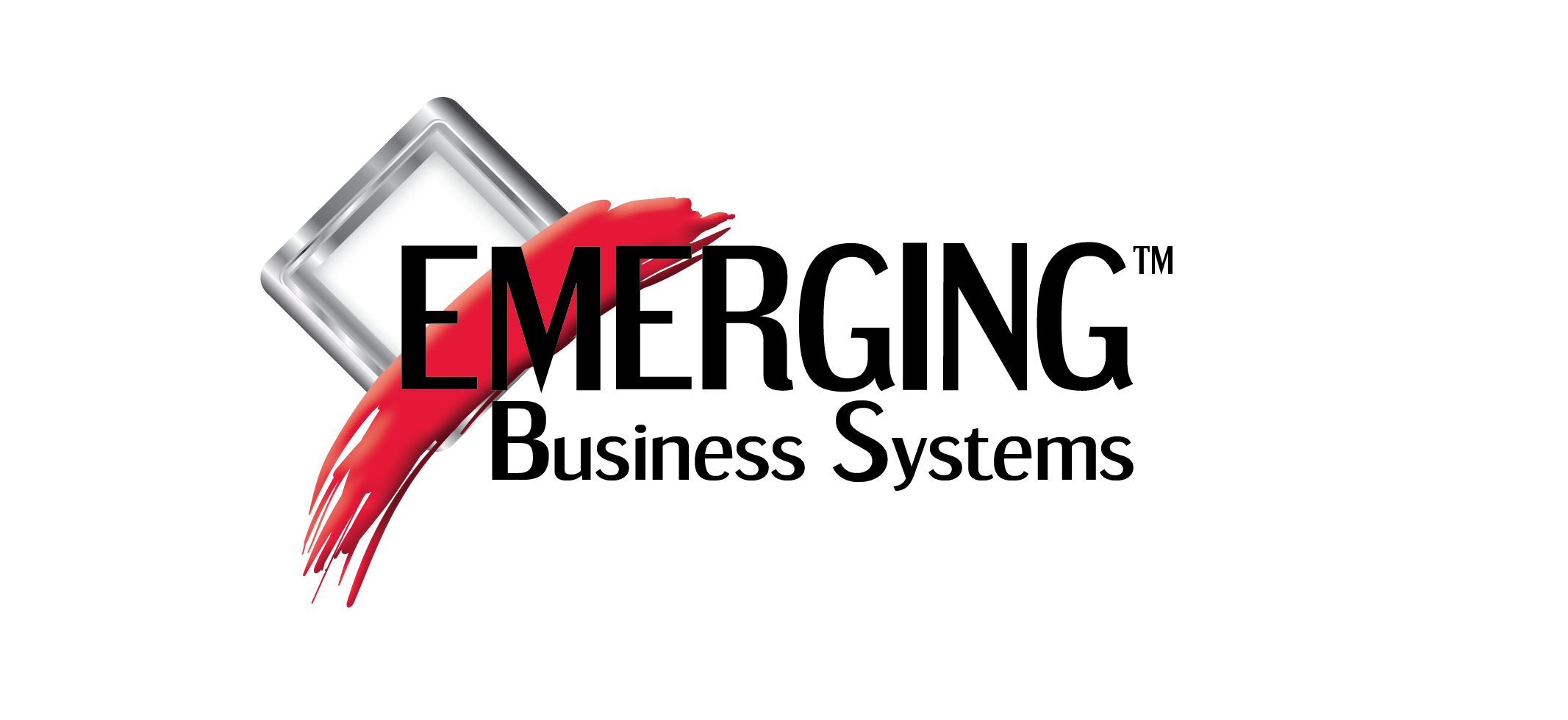How to Identify Authentic Domain Renewal Notices
 If your business or brand is running a website, you are likely to have paid for an active domain unique to your business. Depending on the duration you paid for, an email from the registrar should show up in your email when it’s time to renew your domain.
If your business or brand is running a website, you are likely to have paid for an active domain unique to your business. Depending on the duration you paid for, an email from the registrar should show up in your email when it’s time to renew your domain.
The purpose of the email is to notify you that you need to take action before the domain expires. However, people tend to receive notifications from companies they are not familiar with and is such a common occurrence. Such emails are usually phishing scams sent by third parties hoping to access your website credentials and take over your domain.
Although phishing emails have been doing rounds for quite a while, a lot of people still fall prey to malicious schemes than you would think. Here are 4 red flags to assist you to identify a fake domain renewal notice from an authentic one.
Lack of Personalization
A lot of phishing emails do not the personalization you would otherwise expect from a credible company. When your domain registrar or web host sends you an email, the message should ideally start with a greeting including at least either of your names.
Scam emails tend to begin with “dear customer,” “hello”, or another generic phrase. Look for the logo or brand colors of your registrar as the scammers might have left them out. You might also find that the signature in the email is likely to contain unfamiliar contact details.
Urgent Language
Phishing emails are designed in a way that will motivate recipients to act without putting enough thought as to whether or not the message is authentic. Some of the tactics from the senders may include:
• Informing you the domain will expire soon.
• Urging fast payment of a charge higher than what renewal usually costs you. A domain does not cost $300.
• Threatening that you might lose your domain if renewal is not done immediately.
This strategy is meant to drive you into a panic before you realize the email is fake.
Minor Errors
Emails from a domain almost matching that of your registrar are frequently sent by phishing scammers. You’ll find that the domain is misspelled, or the name of a strange organization may be present in the signature.
Unrelated Services
Several fake domain renewal emails are usually solicitations from third parties hoping that you’ll buy their service. The lists of registered domain names and who own them can be accessed publicly from WHOIS. People and businesses usually extract that data before sending marketing messages hidden as renewal notices with the aim of fooling recipients into buying their services.
Although the email may reveal the sender does not “register or renew domain names,” it’s likely that you will find the same kind of urgent wording used in other phishing emails. The purpose of urgency is to make it appear as if you will lose your domain if you fail to register for the advertised service immediately.
Another frequent strategy used is telling people their domain SEO or ‘search registration’ is expired and that you ought to renew with that particular website or search engines will not rank you among search results.
Once you receive a fake domain renewal notice, do not click on any links or make payments. Instead, proceed to communicate to your registrar to notify them of the scam.
To avoid getting phishing emails, you can buy domain WHOIS privacy through your domain registrar. This service conceals your data from public viewing thus rendering it very hard for people to try these sorts of scams by accessing your information.
